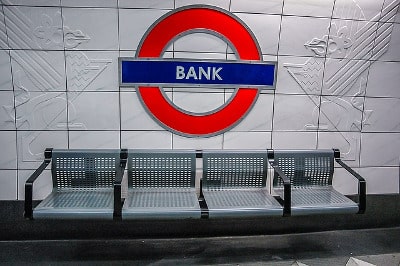The news is expected to make uncomfortable reading for those who have been arguing that new regulations and disclosure laws have been at last putting an end to the use of so-called tax havens by wealthy people and companies keen to hide their assets from authorities.
In its online report, the BBC says the leaked documents “revealed how the rich and powerful use tax havens to hide their wealth”, as well as to help its clients to “launder money, dodge sanctions and evade tax”.
Those mentioned in the report are UK Politicians, current heads of governments from across the world, dictators, celebrities and the super-rich. Even David Cameron is under pressure to reveal if his family still has cash in tax havens after it was revealed his late father Ian ran an investment fund that never had to pay tax in Britain. But worse was yet to come; British-owned or London-based banks were revealed to be at the heart of the Panama tax scandal.
Leaked documents show that HSBC, Rothschild, Coutts and UBS – all giants of the banking industry – are among the top 10 banks who asked Mossack Fonseca to set up 15,600 offshore companies. HSBC, Britain’s biggest bank and the second largest in the world, helped set up more than 2300 offshore companies, according to leaked documents. Private bank Coutts set up almost 500 offshore companies over the past 40 years, Swiss Bank UBS, whose investment bank is based in London, asked for 1,300 offshore companies for clients.
There are many legitimate ways you can mitigate your tax liabilities, without involving companies in far flung places you have never heard of or been to. If you want to know what your options are, I am here to help you find the right solution to make your money work for you, in the most tax efficient way possible. Fill in an enquiry form here to find out how we could help you with your finances.
This communication is for informational purposes only and is not intended to constitute, and should not be construed as, investment advice, investment recommendations or investment research. You should seek advice from a professional adviser before embarking on any financial planning activity. Whilst every effort has been made to ensure the information contained in this communication is correct, we are not responsible for any errors or omissions.

 The defined benefit scheme – whereby the employer promises the employee a specified payment upon retirement, the amount of which is calculated based on several factors including the years the contributor has been in the scheme, their age, and their salary at retirement – is no longer viable in today’s world.
The defined benefit scheme – whereby the employer promises the employee a specified payment upon retirement, the amount of which is calculated based on several factors including the years the contributor has been in the scheme, their age, and their salary at retirement – is no longer viable in today’s world. There are many questions potential expats have when they are planning to move abroad or when they first arrive in their new country of residence. At Blacktower, with specialist expat banking financial advisers across Europe, in countries like
There are many questions potential expats have when they are planning to move abroad or when they first arrive in their new country of residence. At Blacktower, with specialist expat banking financial advisers across Europe, in countries like